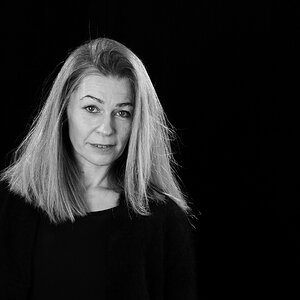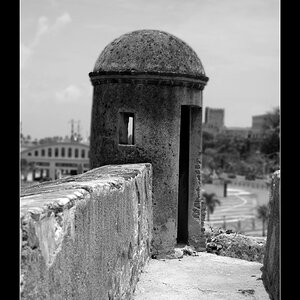Aloicious
No longer a newbie, moving up!
- Joined
- Mar 12, 2010
- Messages
- 1,661
- Reaction score
- 452
- Location
- UT
- Website
- www.photographywild.com
- Can others edit my Photos
- Photos NOT OK to edit
yeah, live view is what I used for my focus, just zoom in as far as you can in live view and fine tune the focus as best you are able to...many scopes have multi speed focusers on them to help with fine tuning it which is an advantage in this area over a normal lens. the focus stacking you mentioned would be pretty hard to get mainly because the atmospheric refraction differences aren't something that can really be planned for to do focus stacking the same way you would with something like macro shots.
also remember that your shooting through the entire atmosphere, and various conditions will make getting (and keeping) focus sharp across the entire moon surface harder than normal, and increasingly difficult with longer focal lengths...the night I got the image in this post, I took probably 50 images of the moon with different settings/etc, and because of atmospheric conditions, and other things, this one was the sharpest of the bunch, not to mention that with the large amount of MP from the D800, I can crop down and still have a large image to downsize, so my image isn't close to being a 100% crop.
also remember that your shooting through the entire atmosphere, and various conditions will make getting (and keeping) focus sharp across the entire moon surface harder than normal, and increasingly difficult with longer focal lengths...the night I got the image in this post, I took probably 50 images of the moon with different settings/etc, and because of atmospheric conditions, and other things, this one was the sharpest of the bunch, not to mention that with the large amount of MP from the D800, I can crop down and still have a large image to downsize, so my image isn't close to being a 100% crop.


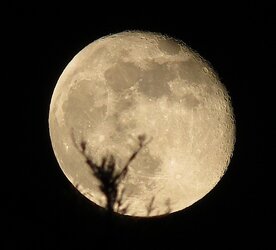
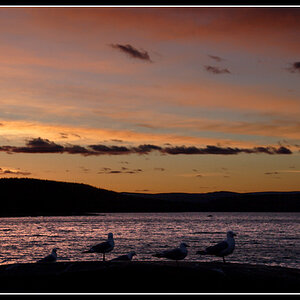

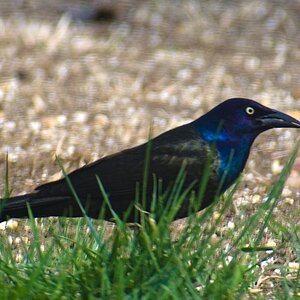
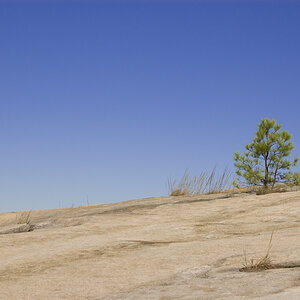
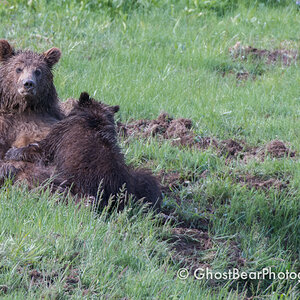
![[No title]](/data/xfmg/thumbnail/37/37606-3c9ffb5906173fa2aa489341967e1468.jpg?1619738148)
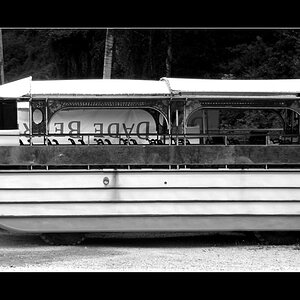
![[No title]](/data/xfmg/thumbnail/37/37604-7ad625e983f92f880eb65a264eeef5e4.jpg?1619738148)

